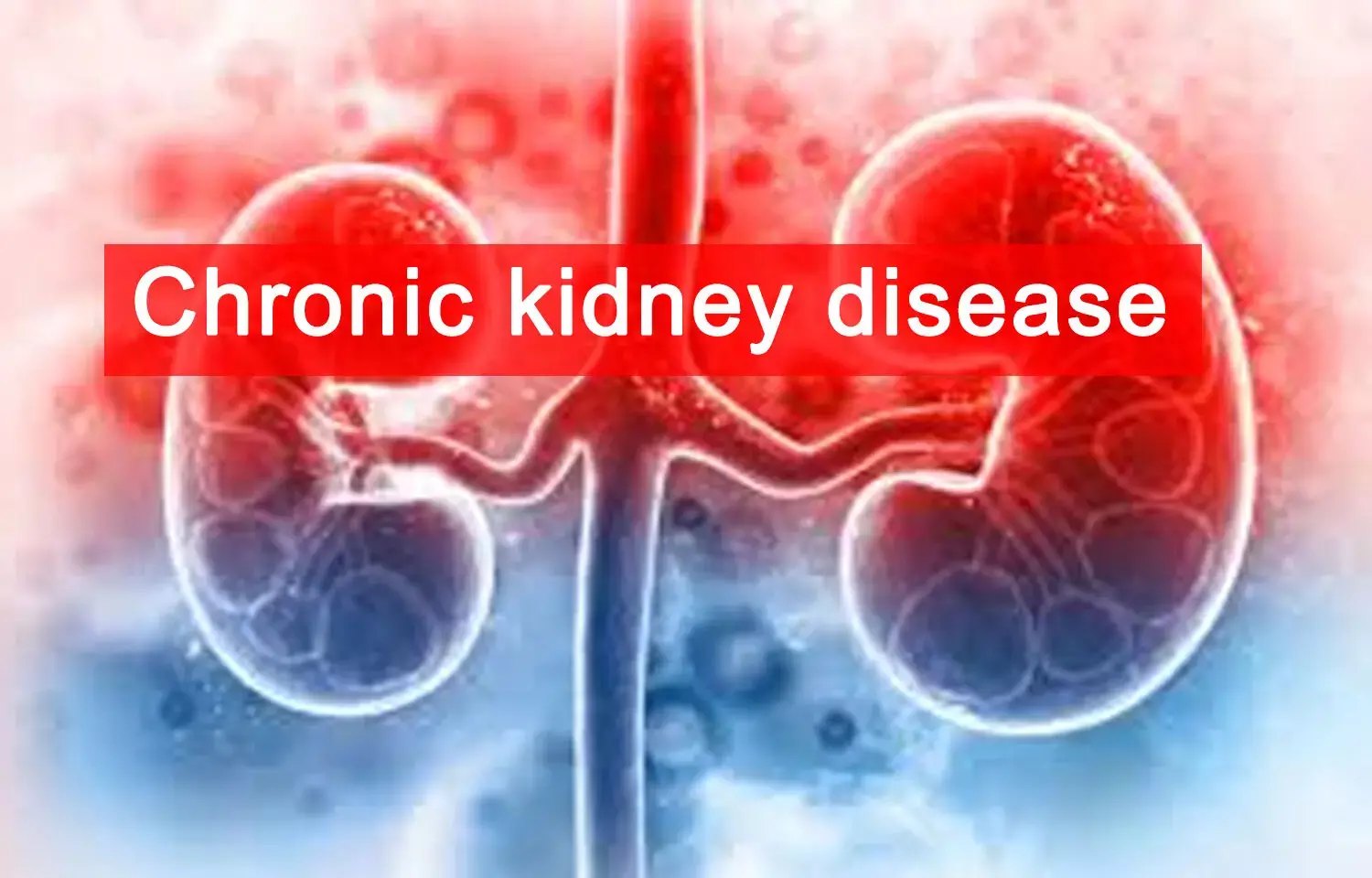- Home
- Medical news & Guidelines
- Anesthesiology
- Cardiology and CTVS
- Critical Care
- Dentistry
- Dermatology
- Diabetes and Endocrinology
- ENT
- Gastroenterology
- Medicine
- Nephrology
- Neurology
- Obstretics-Gynaecology
- Oncology
- Ophthalmology
- Orthopaedics
- Pediatrics-Neonatology
- Psychiatry
- Pulmonology
- Radiology
- Surgery
- Urology
- Laboratory Medicine
- Diet
- Nursing
- Paramedical
- Physiotherapy
- Health news
- Fact Check
- Bone Health Fact Check
- Brain Health Fact Check
- Cancer Related Fact Check
- Child Care Fact Check
- Dental and oral health fact check
- Diabetes and metabolic health fact check
- Diet and Nutrition Fact Check
- Eye and ENT Care Fact Check
- Fitness fact check
- Gut health fact check
- Heart health fact check
- Kidney health fact check
- Medical education fact check
- Men's health fact check
- Respiratory fact check
- Skin and hair care fact check
- Vaccine and Immunization fact check
- Women's health fact check
- AYUSH
- State News
- Andaman and Nicobar Islands
- Andhra Pradesh
- Arunachal Pradesh
- Assam
- Bihar
- Chandigarh
- Chattisgarh
- Dadra and Nagar Haveli
- Daman and Diu
- Delhi
- Goa
- Gujarat
- Haryana
- Himachal Pradesh
- Jammu & Kashmir
- Jharkhand
- Karnataka
- Kerala
- Ladakh
- Lakshadweep
- Madhya Pradesh
- Maharashtra
- Manipur
- Meghalaya
- Mizoram
- Nagaland
- Odisha
- Puducherry
- Punjab
- Rajasthan
- Sikkim
- Tamil Nadu
- Telangana
- Tripura
- Uttar Pradesh
- Uttrakhand
- West Bengal
- Medical Education
- Industry
Dapagliflozin improves kidney function in patients with diabetes patients with CKD: Lancet

Delhi: Dapagliflozin compared with placebo significantly improves the rate of decline in kidney function in patients with chronic kidney disease (CKD), show results from a prespecified analysis from the DAPA-CKD trial. The study, published in the journal The Lancet Diabetes and Endocrinology found that the mean difference in estimated glomerular filtration rate (eGFR) slope between patients treated with dapagliflozin versus placebo was higher in patients with type 2 diabetes, higher UACR, and higher HbA1c.
DAPA-CKD is a randomized controlled trial that enrolled participants aged 18 years or older, with or without type 2 diabetes with a urinary albumin-to-creatinine ratio (UACR) of 200–5000 mg/g, and an eGFR of 25–75 mL/min per 1·73m2. They were randomly assigned in the ratio of 1:1 to receive oral dapagliflozin 10 mg once daily or a placebo added to standard care. In this pre-specified analysis, Prof Hiddo J L Heerspink, University of Groningen, University Medical Center Groningen, Groningen, Netherlands, and colleagues analyzed eGFR slope using mixed-effect models with different slopes from baseline to week 2 (acute eGFR decline), week 2 to end of treatment (chronic eGFR slope), and baseline to end of treatment (total eGFR slope).
4304 participants were recruited between Feb 2, 2017, and April 3, 2020, of whom 2152 (50%) were assigned to dapagliflozin and 2152 (50%) were assigned to placebo. At baseline, the mean age was 62 years, 1425 (33·1%) participants were women, 2906 (67·5%) participants had type 2 diabetes. The median on-treatment follow-up was 2·3 years.
Key findings include:
- From baseline to the end of treatment, dapagliflozin compared with placebo slowed eGFR decline by 0·95 mL/min per 1·73 m2 per year in the overall cohort.
- Between baseline and week 2, dapagliflozin compared with placebo resulted in an acute eGFR decline of 2·61 mL/min per 1·73 m2 in patients with type 2 diabetes and 2·01 mL/min per 1·73 m2 in those without type 2 diabetes.
- Between week 2 and end of treatment, dapagliflozin compared with placebo reduced the mean rate of eGFR decline by a greater amount in patients with type 2 diabetes (mean difference in chronic eGFR slope 2·26 mL/min per 1·73 m2 per year) than in those without type 2 diabetes (1·29 mL/min per 1·73 m2 per year).
- Between baseline and end of treatment, the effect of dapagliflozin compared with placebo on the decline of total eGFR slope in patients with type 2 diabetes was 1·18 mL/min per 1·73 m2 per year (and without type 2 diabetes was 0·46 mL/min per 1·73 m2 per year.
- The total eGFR slope was steeper in patients with higher baseline HbA1c and UACR; the effect of dapagliflozin on eGFR slope was also more pronounced in patients with higher baseline HbA1c and UACR.
"Dapagliflozin significantly slowed long-term eGFR decline in patients with chronic kidney disease compared with placebo," concluded the authors. "The mean difference in eGFR slope between patients treated with dapagliflozin versus placebo was greater in patients with type 2 diabetes, higher HbA1c, and higher UACR."
Reference:
The study titled, "Effect of dapagliflozin on the rate of decline in kidney function in patients with chronic kidney disease with and without type 2 diabetes: a prespecified analysis from the DAPA-CKD trial," is published in the
Dr Kamal Kant Kohli-MBBS, DTCD- a chest specialist with more than 30 years of practice and a flair for writing clinical articles, Dr Kamal Kant Kohli joined Medical Dialogues as a Chief Editor of Medical News. Besides writing articles, as an editor, he proofreads and verifies all the medical content published on Medical Dialogues including those coming from journals, studies,medical conferences,guidelines etc. Email: drkohli@medicaldialogues.in. Contact no. 011-43720751


